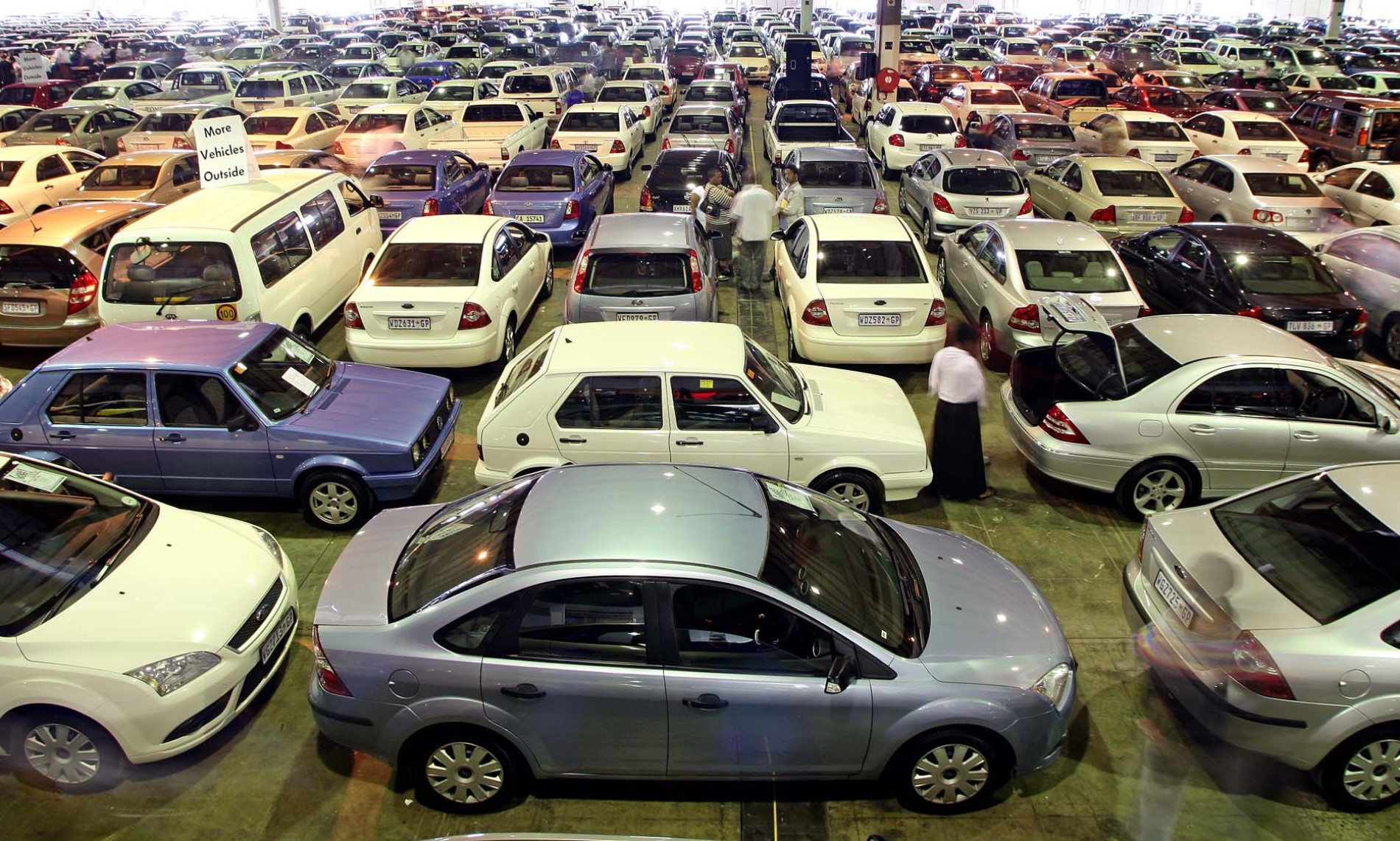The allure of a new car is undeniable. That intoxicating new car smell, the gleaming paint job, and the latest technology all beckon us towards the showroom. However, let’s face it, new cars depreciate rapidly, losing a significant chunk of their value the moment they drive off the lot. This is where the world of used cars comes in, offering a treasure trove of options for budget-conscious buyers. But with a vast sea of pre-owned vehicles at your disposal, the question arises: when is the right time to buy a used car?
The answer, like most things in life, isn’t a simple one. It’s a delicate dance between finding a car that has taken the biggest hit on depreciation yet still retains the security of a factory warranty and service plan. Let’s delve deeper into this dance and explore the various factors that influence the ideal time to buy a used car.
Follow Double Apex on Instagram and Facebook where we share more car content.
The Depreciation Dilemma: Sweet Spot or Slippery Slope?
Depreciation is the bane of any new car owner’s existence. Studies suggest that a new car can lose anywhere from 10 to 20 per cent of its value in the first year alone. This depreciation continues over time, with the rate slowing down as the car ages. As a used car buyer, this works in your favor. You can snag a car that’s only a few years old but at a fraction of its original price.
However, there’s a fine line to tread. While you want a car that has shed its initial depreciation burden, you don’t want one that’s nearing the end of its factory warranty or service plan. Ideally, you want to find a car that’s 2-4 years old. During this period, the car has likely undergone its most significant depreciation, but it still has some warranty coverage remaining, providing peace of mind and protection against unexpected repairs.
Click here for more car-buying advice.
Here’s a breakdown of the benefits of this sweet spot:
- Reduced Cost: You’ll be paying significantly less than the original sticker price.
- Warranty Coverage: You’ll likely still have some factory warranty or service plan coverage remaining, protecting you from major repair costs.
- Modern Features: You’ll still have access to many of the latest features and technology found in newer models.
- Reliable Performance: Cars in this age range are typically well-maintained and haven’t racked up excessive mileage, minimising the risk of major issues.
Beyond Age: Mileage Matters Too
While age is a crucial factor, mileage also plays a significant role in a car’s value and overall condition. Ideally, you want to find a car with moderate mileage for its age. This can be a subjective term, but generally, a car that has been driven between 10,000 and 15,000 kilometers per year is considered reasonable.
Of course, this can vary depending on the type of car. For instance, a high-performance sports car might have a lower average mileage, while a family SUV might have a higher average. Always consider the car’s intended use and research the typical mileage range for similar models of that age.
Seasonal Shifts: Friend or Foe?
There are also seasonal trends that can influence used car prices. Traditionally, dealerships might be more eager to make deals towards the end of the month or quarter as they try to meet sales targets. Additionally, some suggest that summer might be a good time to find deals, as people tend to focus on vacations and spending more time outdoors, leading to a dip in car buying activity.
However, these trends are becoming less pronounced in the digital age. With online car buying platforms readily available, savvy shoppers can find deals year-round. Focus on the age, mileage, and overall condition of the car rather than solely relying on seasonal trends.
The Final Waltz: Finding the Perfect Match
Buying a used car can be an exciting yet daunting experience. By understanding the depreciation curve, considering mileage, and factoring in seasonal trends (without relying solely on them), you can position yourself to find the perfect match. Remember, the sweet spot lies in a car that has undergone its initial depreciation but still boasts some warranty coverage.
Ultimately, the right time to buy a used car is when you find a reliable vehicle that meets your needs, budget, and safety requirements. Do your research, be a savvy negotiator, and prioritize a car with a clean history and some remaining warranty protection. By following these steps, you can transform the used car buying experience from a stressful dance into a triumphant waltz towards automotive satisfaction.
Happy used car hunting!






Leave A Comment